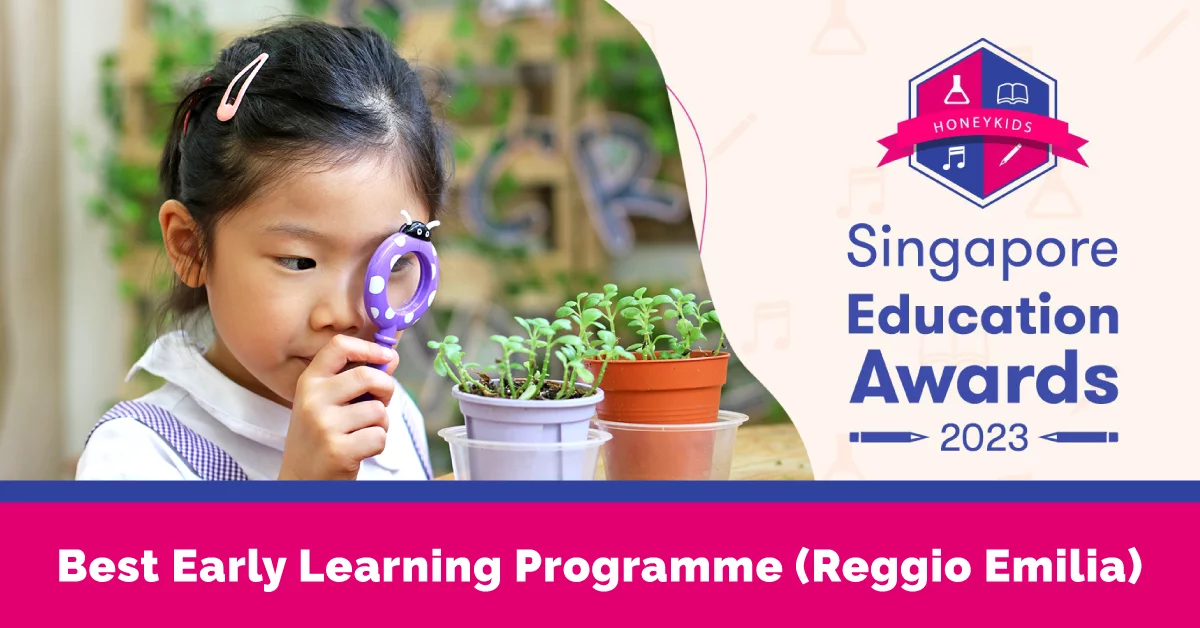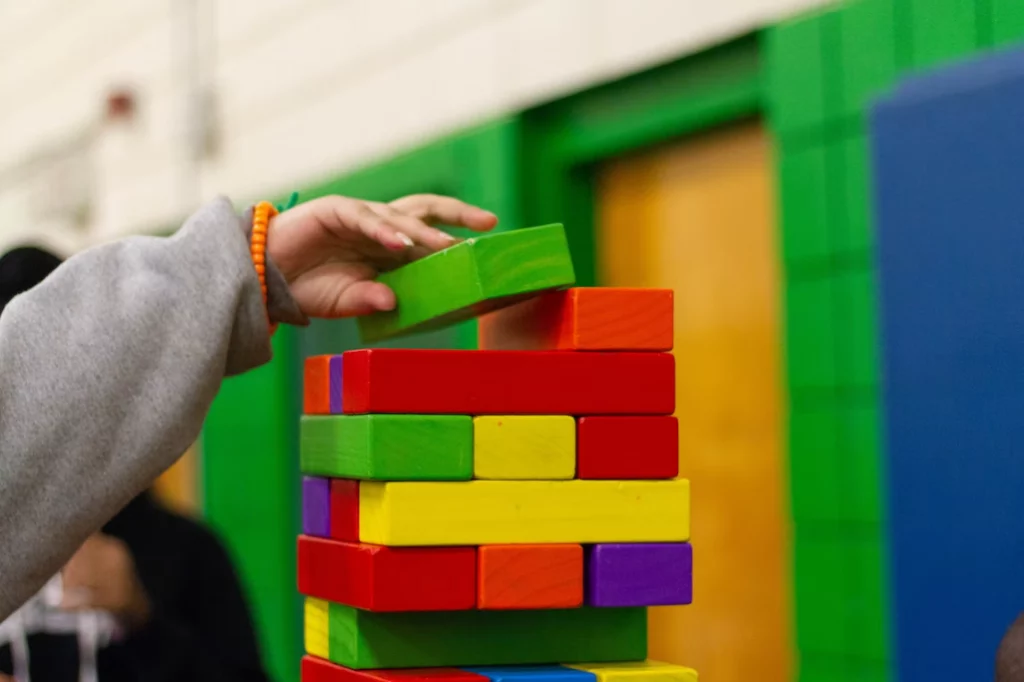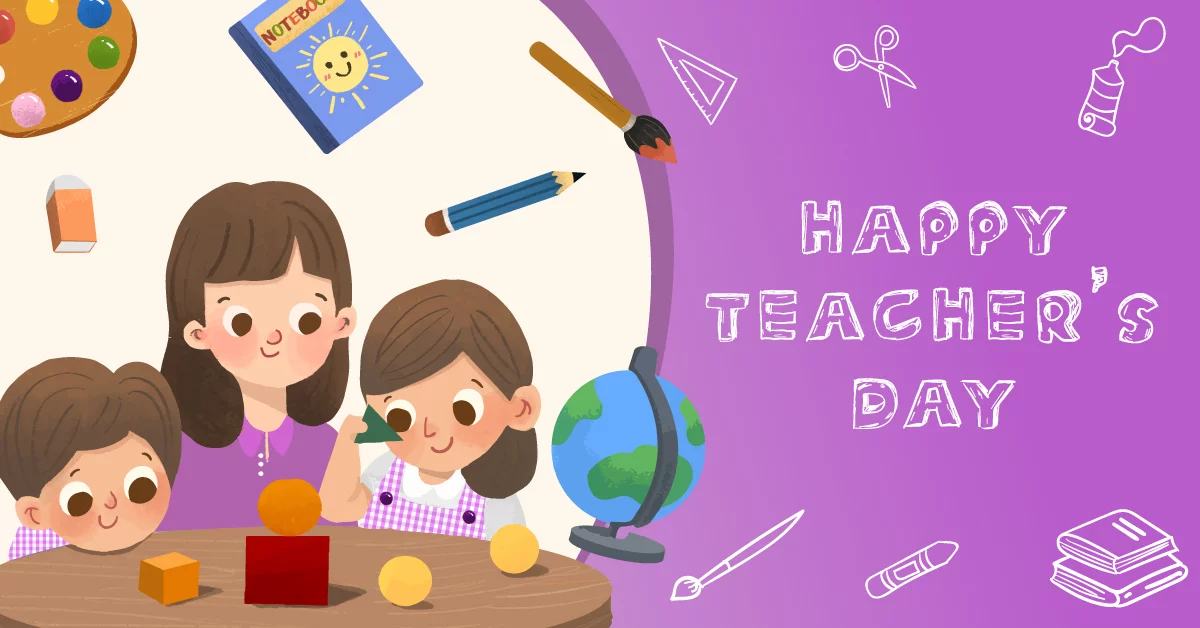
5 Ways to Foster Creativity in Preschoolers
5 Ways to Foster Creativity in Preschoolers
1. Child-Directed
2. Lead With Open-Ended Questions
3. Storytelling
– Vocabulary and language proficiency
– Encouraging imagination and creativity
– Improving listening and understanding abilities
– Enhancing focus and concentration
4. Exploratory
5. Spend Time Outside

Mulberry School Tour
Our Locations
Click here to visit our Contact Us page and view the preschool/infant care centres conveniently located near you.
CONNECT WITH US
USEFUL LINKS
About Us
Mulberry Learning prides itself on making the preschool experience both memorable and enjoyable while transforming a child into a competent explorer, an imaginative thinker, and a creative problem solver. Through our proprietary award-winning curriculum, unique Habits of Mind programme and dedicated staff who are passionate about imparting positive attitudes, Mulberry Learning holds strong in its promise to deliver a holistic education that nurtures the Future Ready Child.
A PREMIUM PRESCHOOL BRAND UNDER GLOBAL EDUHUB








